
free Resources for writing a Theory of Knowledge Essay
Free resources to help students write the ToK Essay

ToK Essay Titles (May 26) explained using paintings
What can Goya, Velázquez, Bosch and El Greco teach us about the Theory of Knowledge?
In this ToKToday feature, Daniel explores how the May 2026 ToK Essay Titles come alive through six masterpieces in Madrid’s Prado Gallery.
Each painting becomes a visual essay on observation, interpretation, context, and doubt — showing that the pursuit of knowledge is not only a matter of thought, but also of vision.


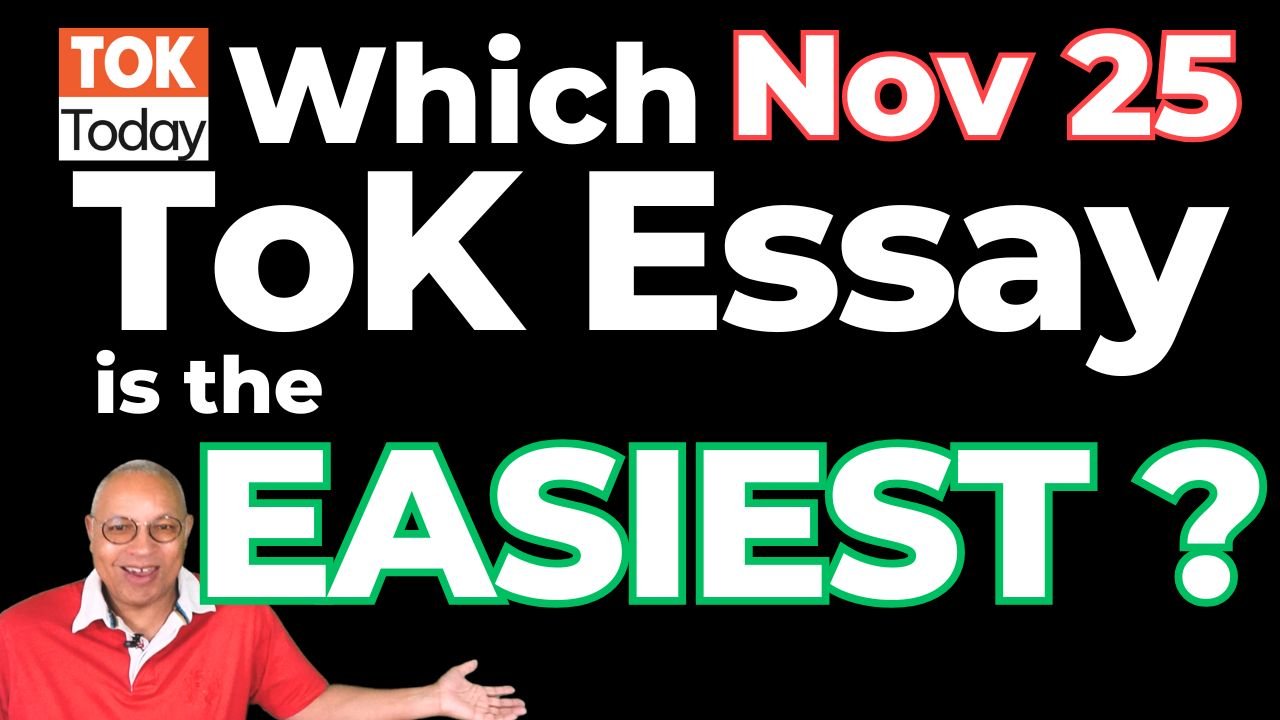
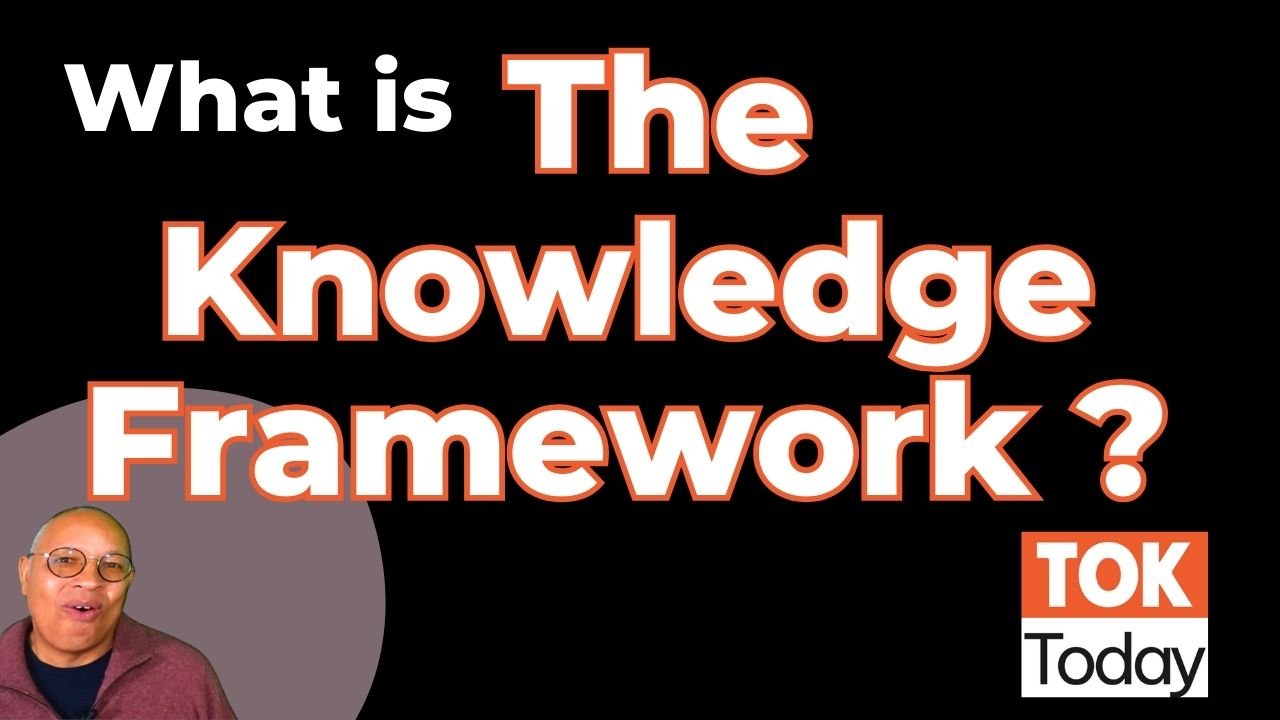
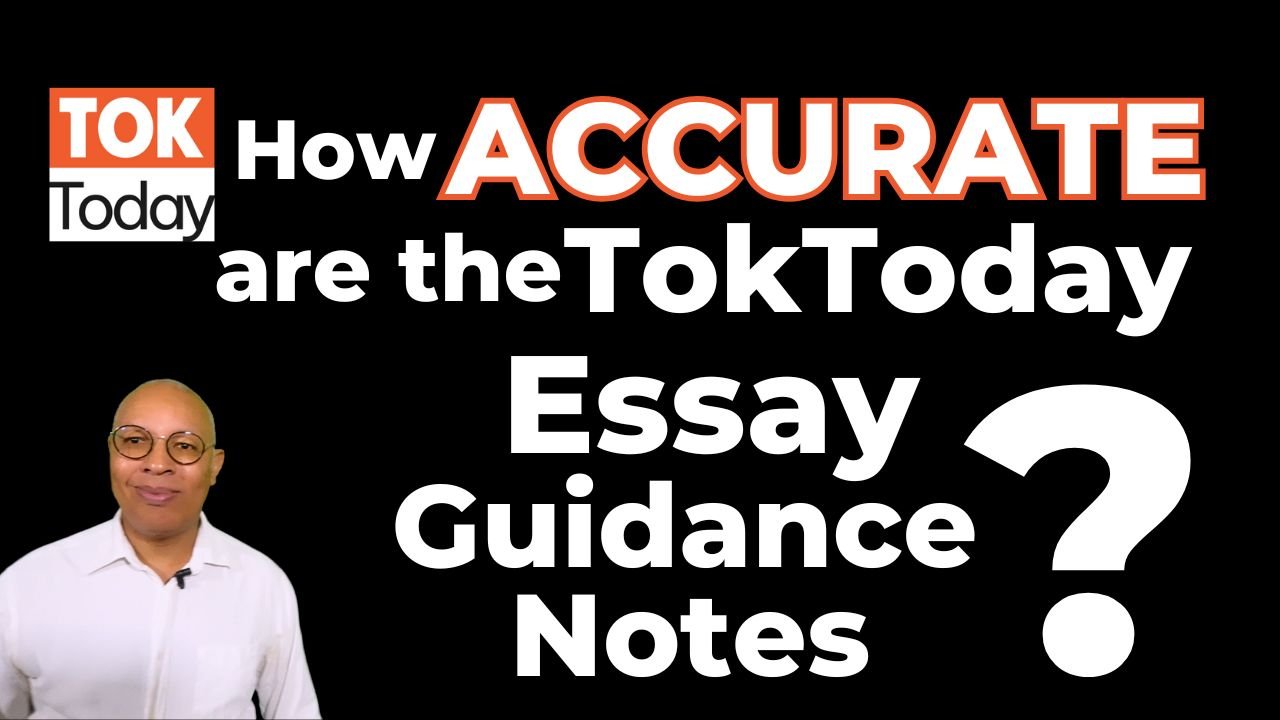
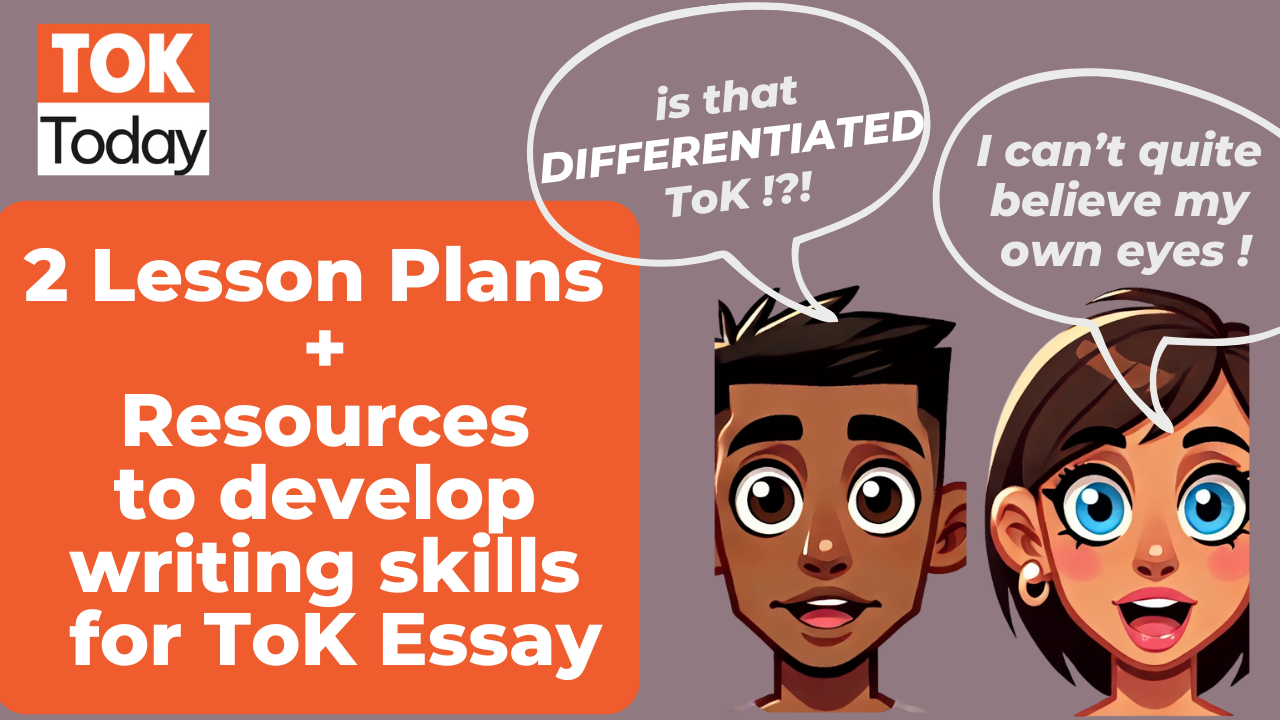
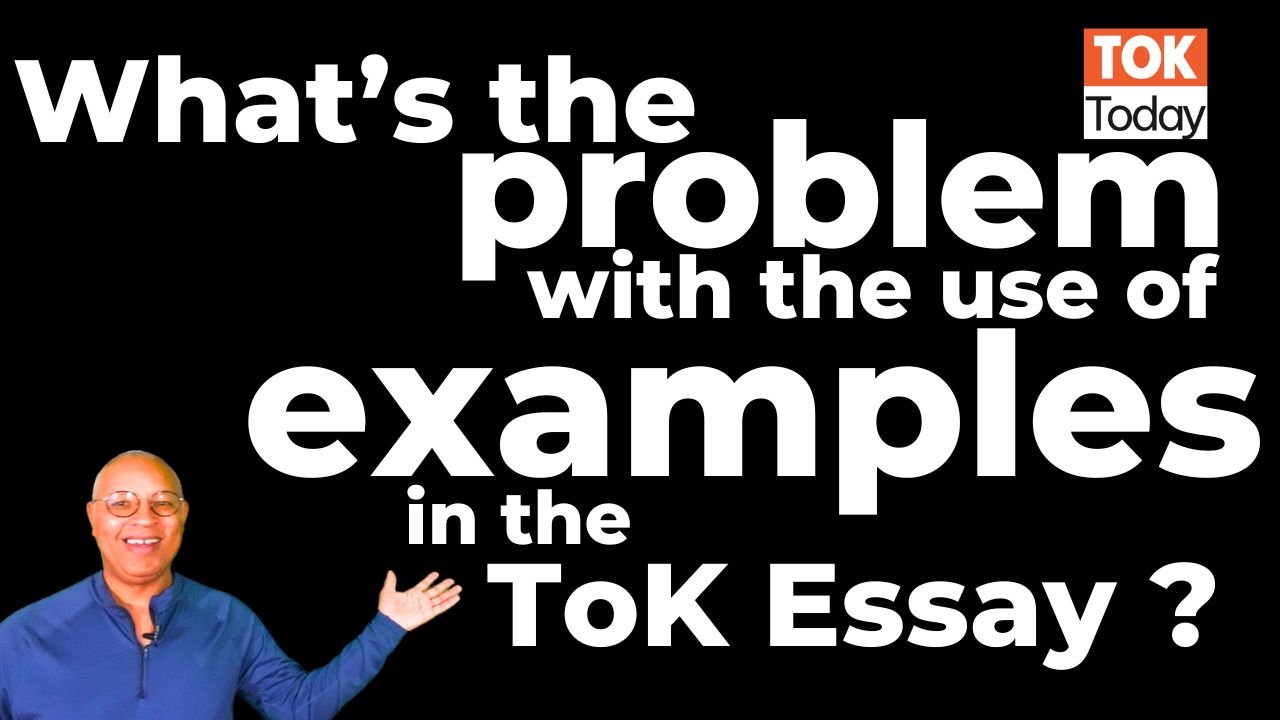

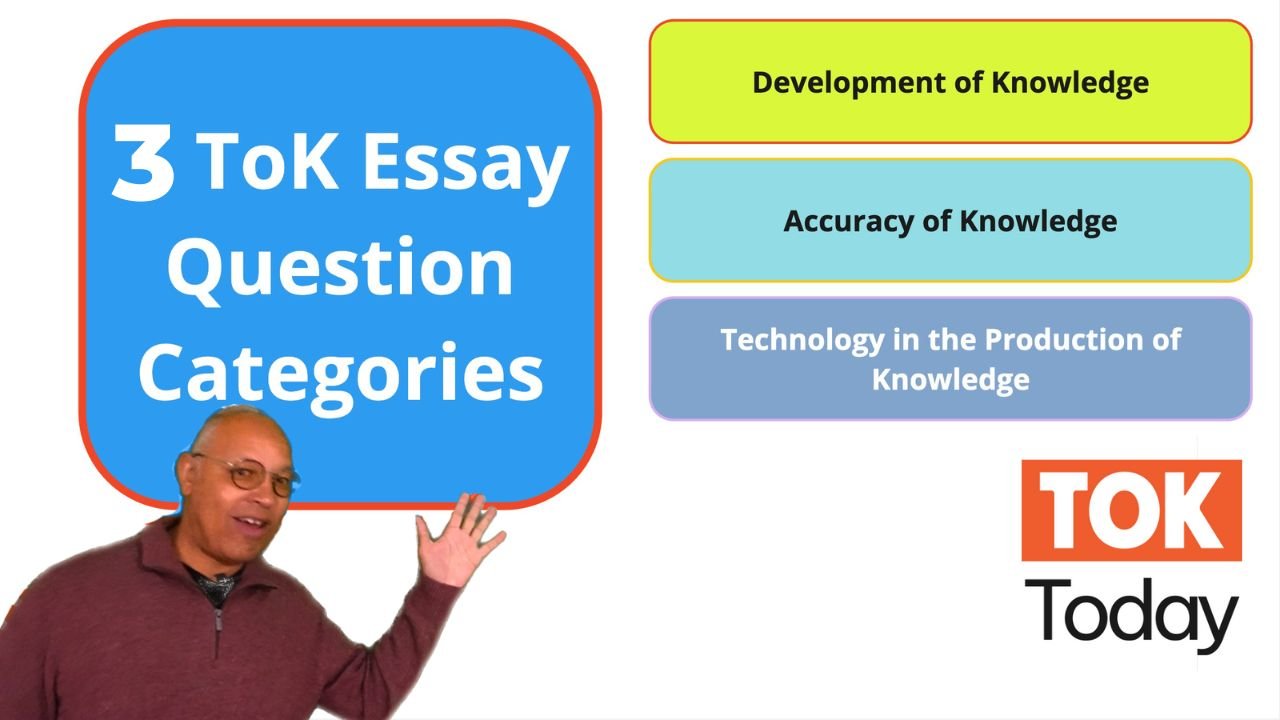
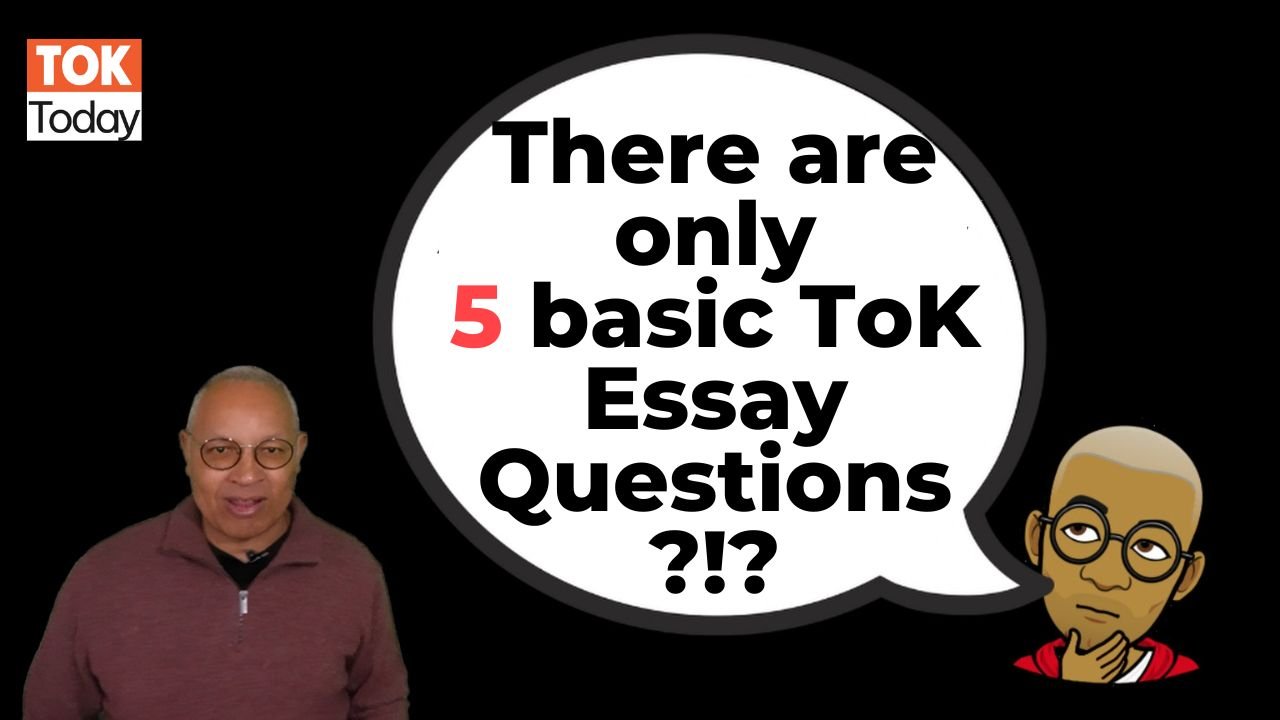
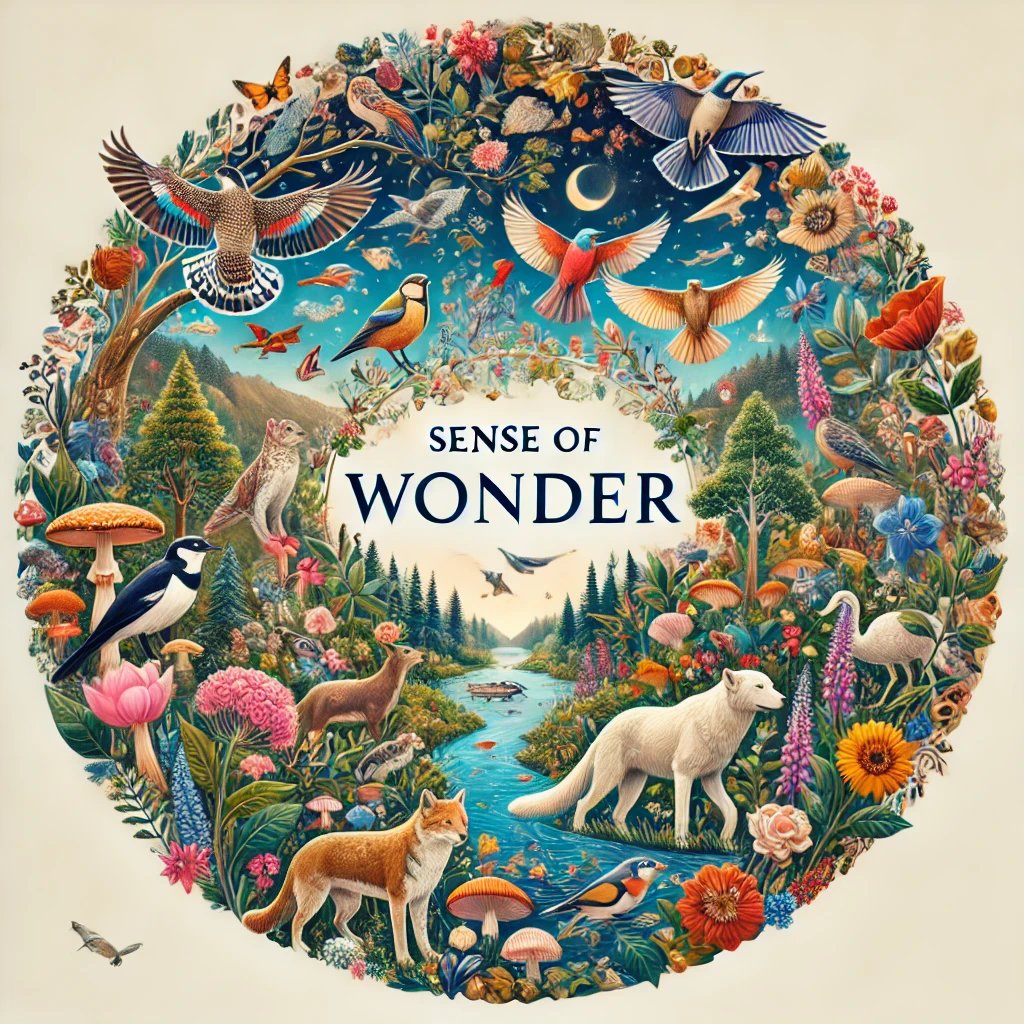
What is the Sense of Wonder ?
We explore one approach to understand the term "sense of wonder" for ToK Essay#6 May 2025

How can Foucault help us with ToK Essay#2 May 25 (Fragile revered knowledge) ?
How can Foucault help us with ToK Essay 2 May 25 (Fragile knowledge)? A quick application of foucault's theory of the author to the ToK essay about fragile knowledge. Definitely more for the ToK teacher than the ToK student.
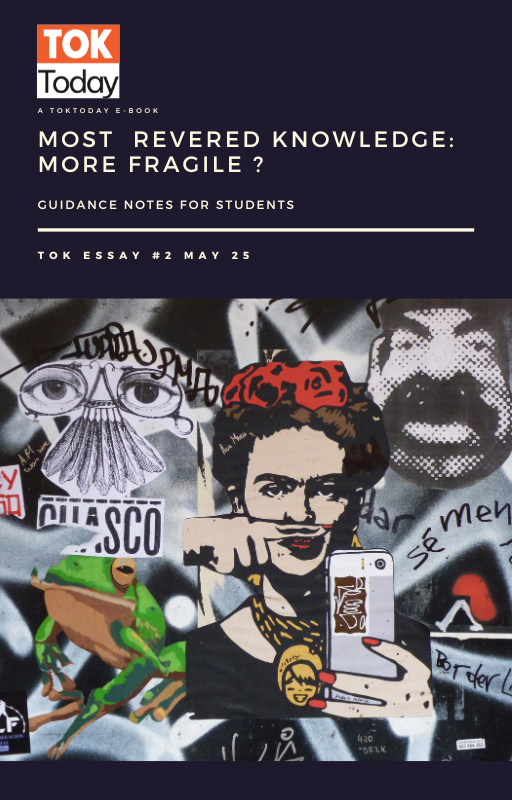
Essay #2 May 25: Fragility
Was the best music made 1970-2000 ? This, and many other questions, come up when considering ToK Essay #2 May 25: fragile revered knowledge
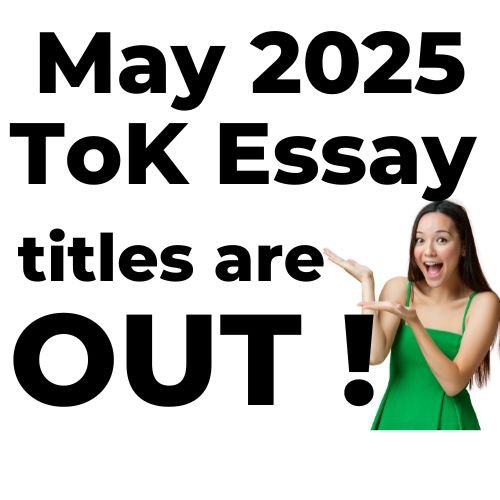
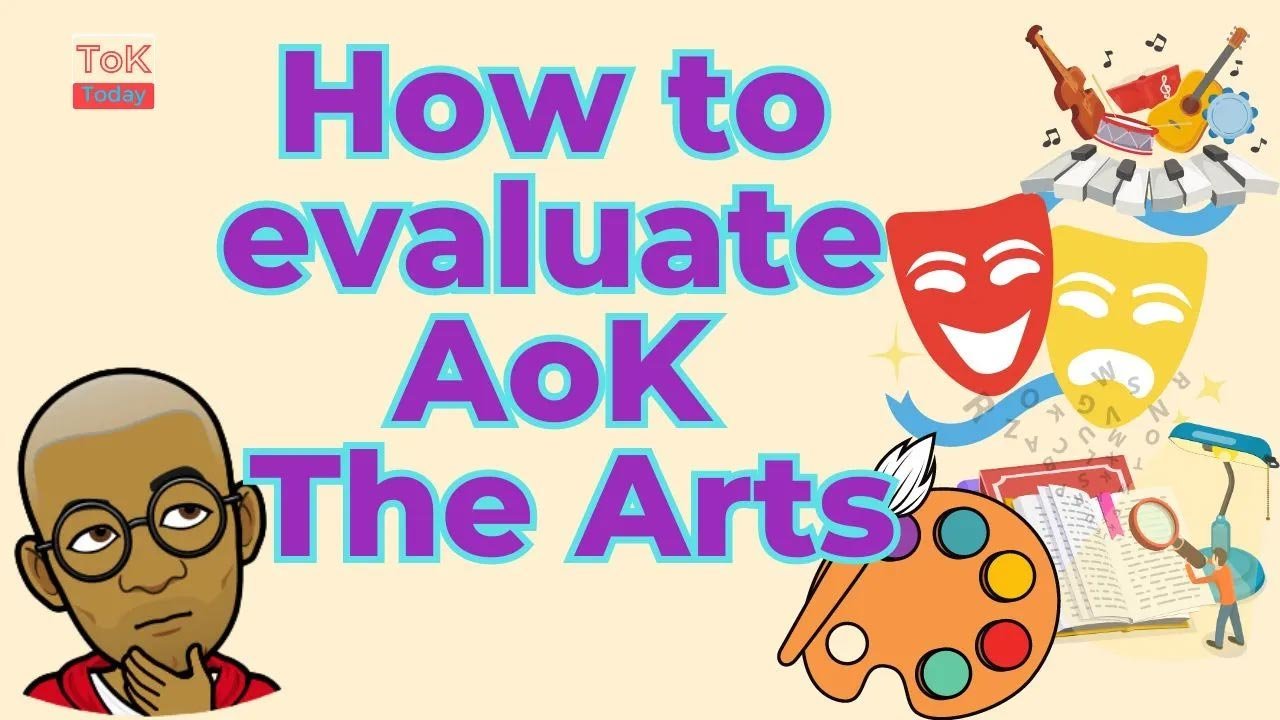
How to Evaluate AoK The Arts
Evaluating Area of Knowledge (AoK) The Arts within the Theory of Knowledge (ToK) course, involves understanding the diverse perspectives and criteria that shape understanding of artistic knowledge.
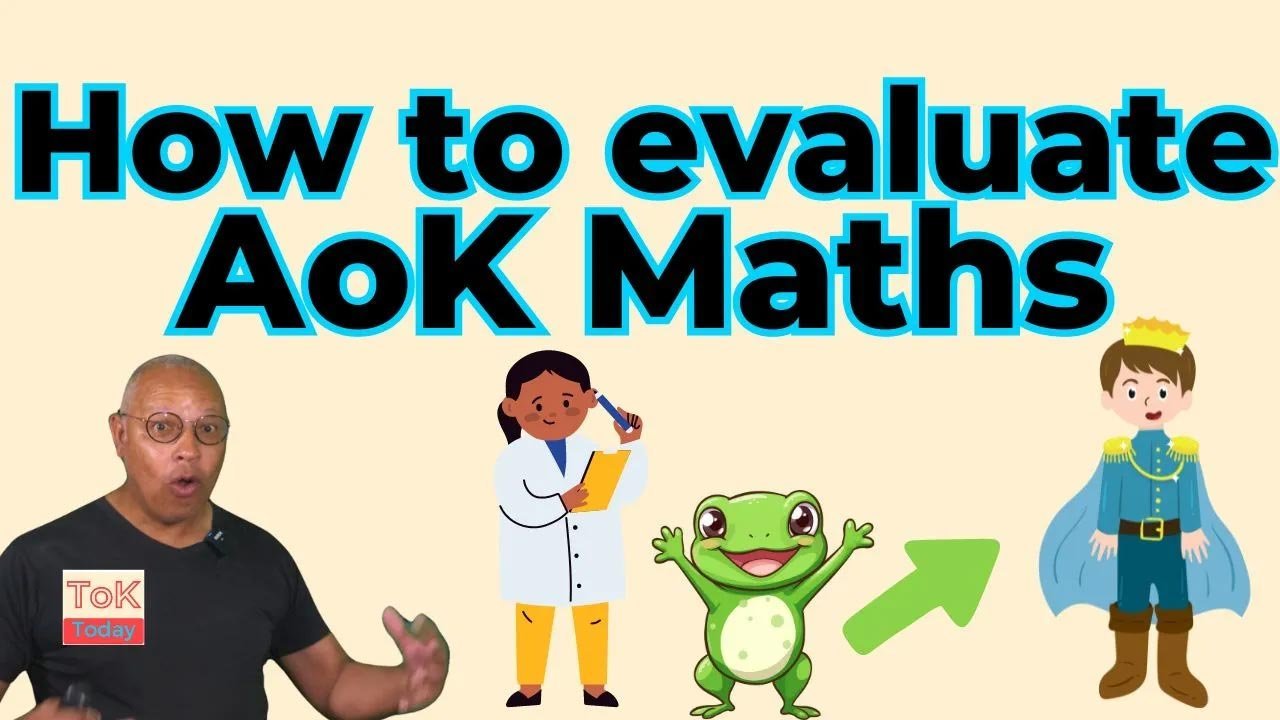
How to Evaluate AoK Mathematics
Students hoping to score 5 or more marks in the Theory of Knowledge (ToK) Essay must evaluate the knowledge arguments made within the essay. This blogpost provides 4 general evaluation points for Area of Knowledge (AoK) Mathematics.
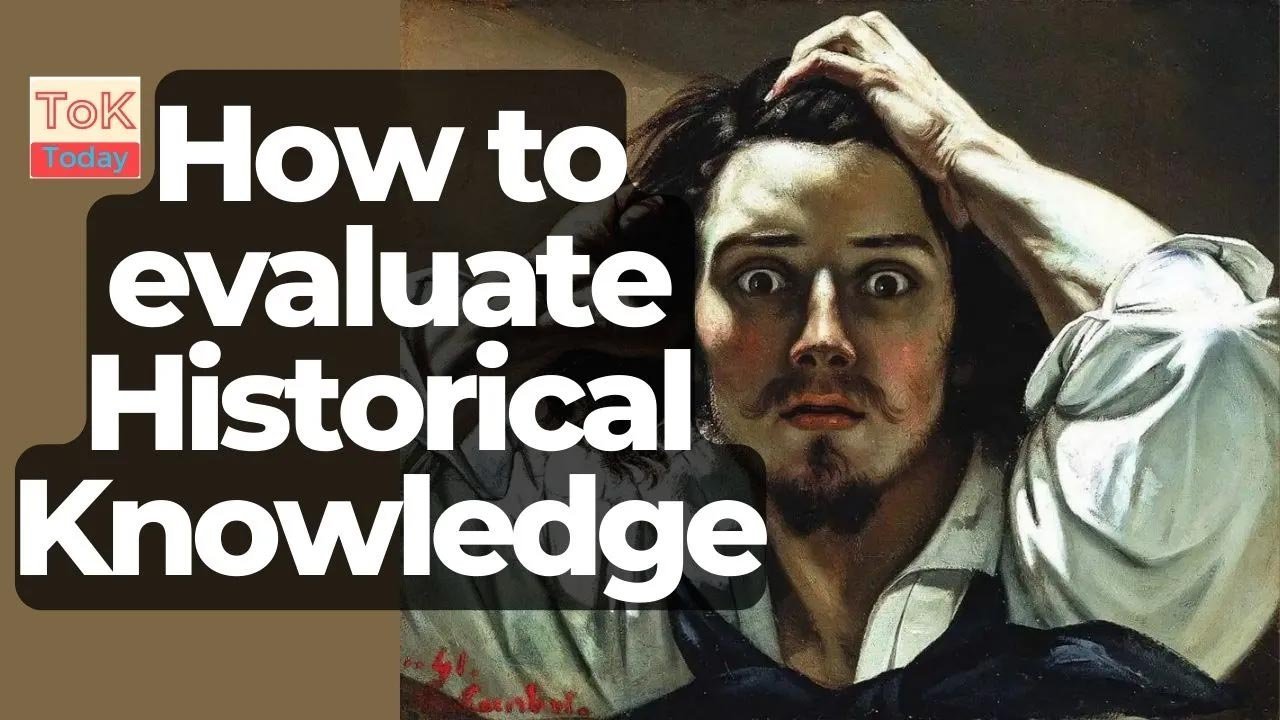
How to Evaluate AoK History
When writing the Theory of Knowledge (ToK) Essay students are asked to evaluate their main knowledge claims. Today’s post looks at the main evaluation points that can be applied to most knowledge claims made in Area of Knowledge (AoK) History.

How to evaluate AoK Natural Sciences
When writing the Theory of Knowledge (ToK) Essay students are asked to evaluate their main knowledge claims. Today's post looks at the main evaluation points that can be applied to most knowledge claims made in Area of Knowledge (AoK) Natural Sciences.
